
West African Countries Pressured to Accept U.S. Deportees, Raising Fears of Crime and Instability
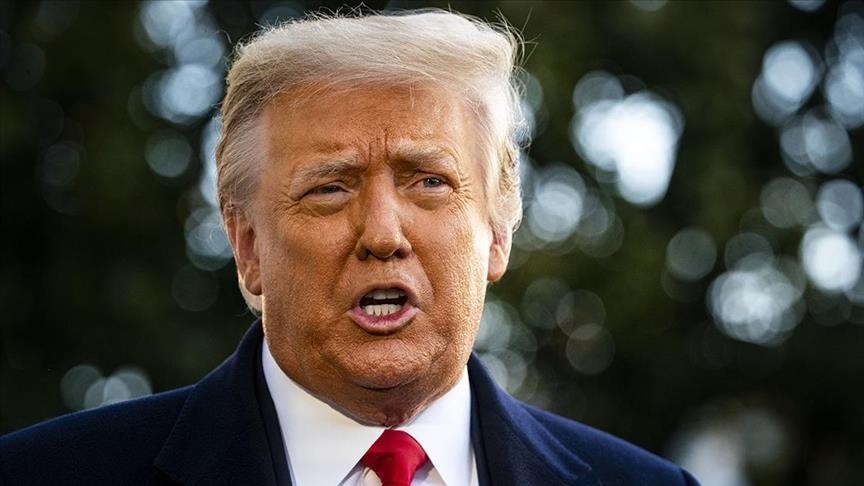
The United States is pressuring several West African nations to sign controversial agreements that would allow them to receive migrants deported from U.S. soil, even if those migrants are not citizens of those countries. This marks a renewed expansion of a Trump-era immigration policy that could destabilise already fragile African states and fuel future security threats.
According to reports, the U.S. government has held talks with Liberia, Senegal, Mauritania, Guinea-Bissau, and Gabon to formalise so-called “safe third-country” arrangements. These agreements would allow Washington to deport ineligible individuals to remain in the U.S., sending them instead to African countries with which they have no personal connection.
While U.S. officials insist the policy ensures a “dignified” and “safe” transfer of migrants, many see it differently. The deportees, often unable to return to their home countries due to conflict or political instability, would instead be dumped in unfamiliar nations with limited resources.
Sources indicate that the U.S. has employed trade incentives and diplomatic pressure to garner support. Liberia is reportedly preparing to receive the first cohort of deportees. Guinea-Bissau, however, has pushed back, saying it will only take its citizens.
Beyond legal and ethical concerns, there is a warning of a dangerous unintended consequence: increased crime and social unrest.
The fact that many of these deportees will arrive with no identification, no housing, no local support, and no pathway to legal work is a recipe for desperation.
The U.S. Supreme Court recently upheld the legality of third-country deportations, giving the administration a green light to proceed. African governments, meanwhile, face a moral dilemma:
Accept a short-term economic boost from the U.S. or risk internal backlash and future instability by accepting displaced people who don’t belong to them.
As negotiations continue, these deals amount to outsourcing U.S. immigration enforcement to the Global South, with little regard for the consequences. The fear is that this policy, if unchallenged, could lead to growing crime, deepening poverty, and the erosion of regional stability in parts of Africa already under pressure.
Read More:
- Intra-African Flights Remain Among the Most Expensive Globally, Frustrating Travellers and Hindering Trade
- Nigeria: Bauchi Governor Accuses Tinubu-Led FG of Withholding Support from Opposition States
About The Author
Related Articles
Gold Sector Revival Expected to Drive Mali Growth Next Year
The International Monetary Fund has projected that Mali’s economy will return to...
ByWest Africa WeeklyDecember 22, 2025Burkina Faso, Mali and Niger Formalise New Regional Security Alliance
Burkina Faso, Mali and Niger have formally launched a joint regional military...
ByWest Africa WeeklyDecember 22, 2025Ghana Receives Nigerian Military Aircraft After Burkina Faso Release
A Nigerian Air Force aircraft that had been held by Burkina Faso...
ByWest Africa WeeklyDecember 22, 2025Burned Files, Altered Laws: The Growing Pattern of Disappearing Records Under Tinubu
A fire outbreak at the headquarters of the Federal Inland Revenue Service...
ByWest Africa WeeklyDecember 21, 2025




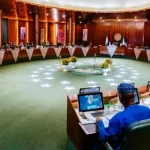


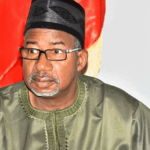
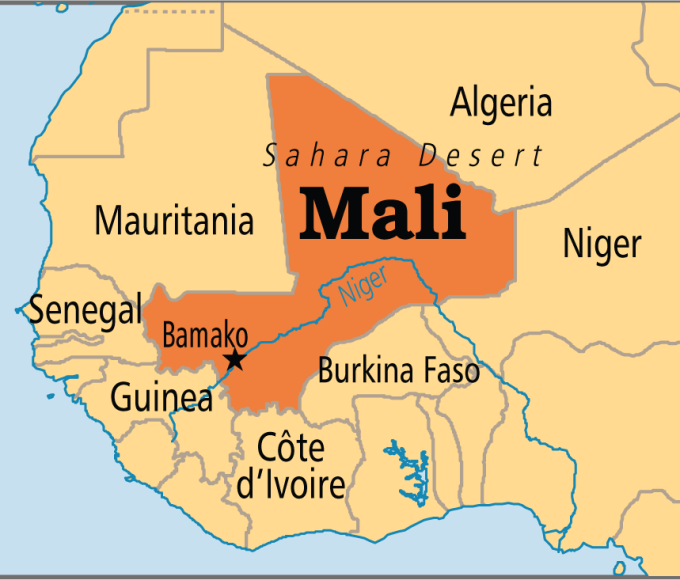
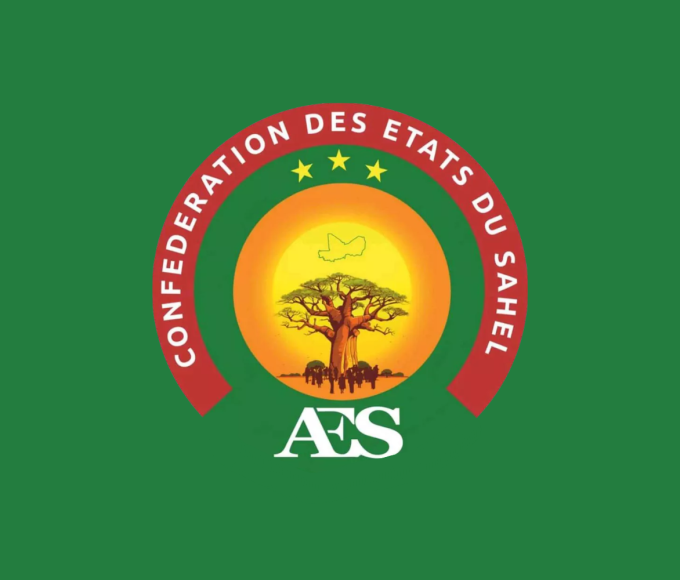
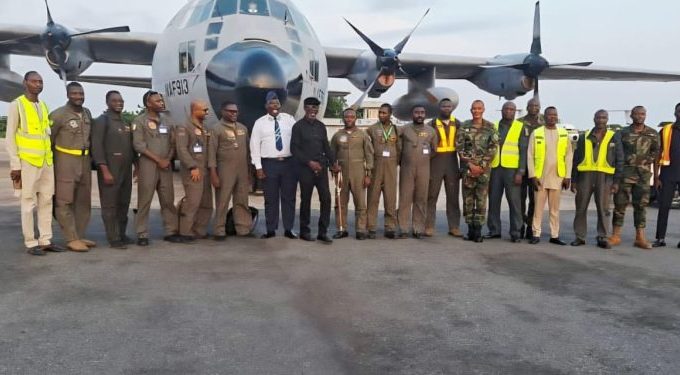

Leave a comment